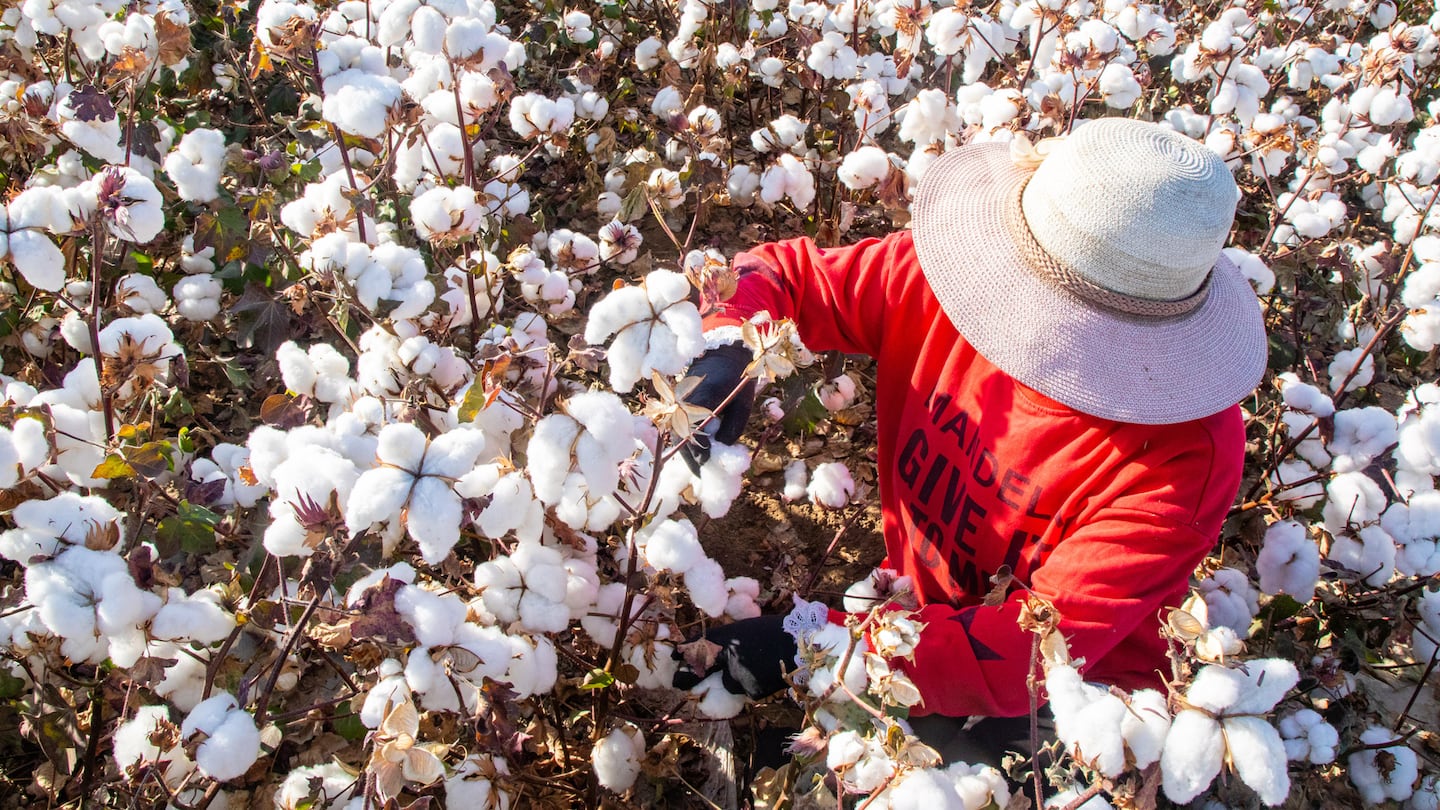
The Business of Fashion
Agenda-setting intelligence, analysis and advice for the global fashion community.

Agenda-setting intelligence, analysis and advice for the global fashion community.

US allies appear committed to following Washington’s lead banning forced labour goods from China’s Xinjiang region, a senior US official told Reuters on Monday, warning companies they could not maintain “deliberate ignorance” about their supply chains.
The United States’ Uyghur Forced Labor Prevention Act (UFLPA) took effect last month to cut US imports of products from Xinjiang, where Washington accuses China of committing genocide against ethnic Uyghurs and other Muslims, and herding them into camps.
Beijing denies abuses in Xinjiang, but says it had established “vocational training centres” to curb terrorism, separatism and religious radicalism.
Thea Lee, deputy undersecretary for international affairs at the US Labor Department, said in an interview that she had engaged with counterparts, including in the European Union and Canada, on how to implement their own restrictions on goods made with forced labour.
ADVERTISEMENT
“My sense is that this is moving. It’s moving in Canada. It’s moving in the European Union. It’s moving really across the world, which is why my message to companies has been: ‘You need to start taking this seriously’,” said Lee, whose agency is part of a government task force directing UFLPA implementation.
“Companies at the moment have what I would call a deliberate ignorance. They don’t have to know, so they don’t know,” Lee said of their understanding of their supply chains. But she said that was set to change as US rules begin to “rub off” on other countries.
The EU’s focus on developing a mandatory due-diligence standard was a good starting point, Lee said, adding that Canada and Mexico were moving toward what would ideally become a “common North American standard” banning forced labour goods as part of their commitments under a trilateral trade agreement.
US Secretary of State Antony Blinken said in June that Washington was rallying allies against forced labour as it began implementing UFLPA.
Under the law, the U.S. Customs and Border Protection (CBP) agency enforces a “rebuttable presumption” that all goods from Xinjiang are made with forced labour and barred from import, unless it can be proven otherwise.
Some U.S. lawmakers have asked CBP officials to explain why three major Chinese solar energy companies were excluded from a list of banned importers given signs of ties to forced labour in their supply chains.
Expanding the scope of barred products could threaten U.S. solar panel supplies and hurt Biden’s goal to decarbonize the U.S. power sector by 2035.
Lee declined to comment on the solar companies.
ADVERTISEMENT
“Our mission is to provide as much good information as we can to make sure that there is not forced labour in our supply chains,” she said. “And we understand that there are always going to be competing objectives within an administration, within a government.”
She said an updated Labor Department list of goods produced with forced or child labour was due out on Sept. 28 and the department would also preview new tools to help meet a congressional mandate to look deeper into supply chains.
By Michael Martina and David Brunnstrom; editors: Mary Milliken and Sandra Maler
Learn more:
Where Does Your T-Shirt Really Come From?
A stringent US ban on imports from China’s Xinjiang region that came into effect this week ratchets up the pressure on companies to prove their supply chains are free of forced labour.
The industry needs to ditch its reliance on fossil-fuel-based materials like polyester in order to meet climate targets, according to a new report from Textile Exchange.
Cotton linked to environmental and human rights abuses in Brazil is leaking into the supply chains of major fashion brands, a new investigation has found, prompting Zara-owner Inditex to send a scathing rebuke to the industry’s biggest sustainable cotton certifier.
Over the last few years, the run-up to Earth Day has become a marketing frenzy. But a crackdown on greenwashing may be changing the way brands approach their communications strategies.
This week, Sephora announced plans to double down on ‘green’ and ‘clean’ product labels, leaning into an increasingly risky marketing tactic even as a greenwashing crackdown has prompted other brands to pull back.